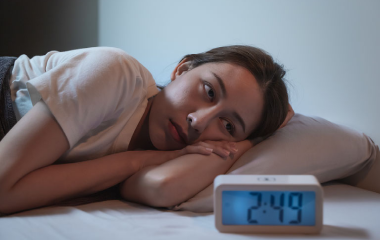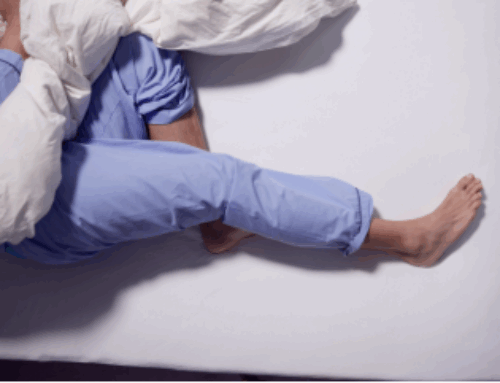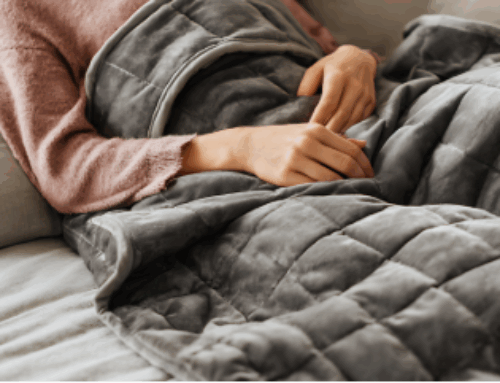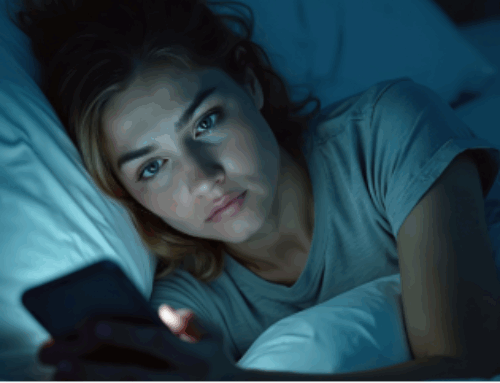Monday, March 11, 2019, is the sixth annual Insomnia Awareness Day. The word “insomnia” gets tossed around a lot. There’s even a brand of cookies named after it! But insomnia isn’t just being tired after a night of poor sleep or tossing and turning in bed. Plus, treatment isn’t as simple as taking a pill before bedtime and sleeping soundly for the rest of your nights.
Insomnia is a common sleep problem, with as many as 30 to 35 percent of adults having symptoms. It involves the inability to fall asleep or stay asleep, and it doesn’t only impact you during the night. People who suffer from insomnia can experience a variety of daytime symptoms, such as:
- Fatigue
- Trouble concentrating
- Poor memory
- Daytime sleepiness
- Irritability
- Low energy
- Increased errors or accidents
There are two types of insomnia disorder:
- Short-term insomnia lasts for up to three months and affects 15 to 20 percent of people.
- Chronic insomnia occurs at least three times per week and lasts for at least three months. It affects about 10 percent of men and 20 percent of women.
So what causes insomnia? It’s often related to another problem, like stress, medical conditions, mental health disorders, medications, and even other sleep disorders. Sometimes it can be made worse by poor bedtime habits or a disruptive sleeping environment.
This year’s Insomnia Awareness Day theme is “Solutions for Sleepless Nights.” There are effective treatments and trained providers available to help people with insomnia; you don’t have to muscle through it alone.
The treatment for insomnia depends on its cause. For chronic insomnia, your medical provider may recommend any combination of treatments. These include sleep hygiene, CBT-I, and medication. CBT-I is delivered by a behavioral sleep medicine provider.
If you’re serious about getting your sleep back on track, here are some things that will NOT help solve your sleep problems:
- Watching cat videos all night
- Drinking alcohol or caffeine before bed
- Eating a big meal at bedtime
- Scrolling through Instagram until the early morning hours
- Self-medicating with supplements or medications without consulting your medical provider
Healthy sleep habits will go a long way toward helping improve your sleep. Talk to your doctor if you’re having trouble falling or staying asleep, because insomnia can be bad for your health and quality of life.
For more information, read the official press release for Insomnia Awareness Day 2019.





